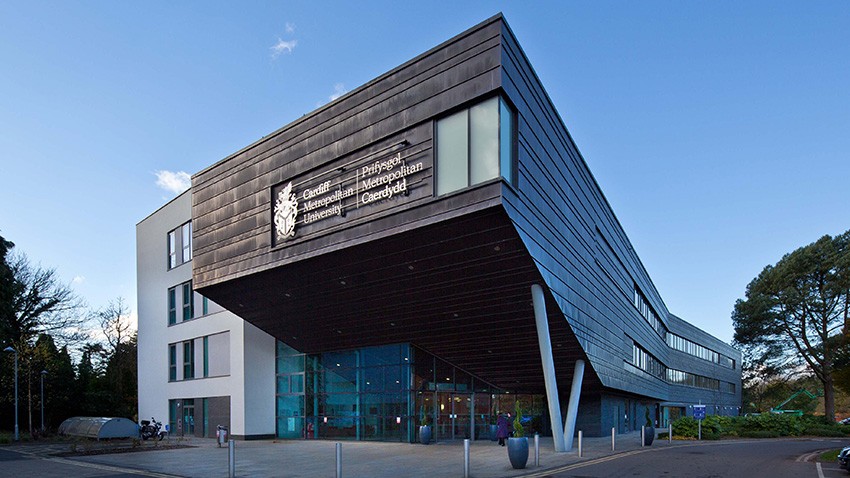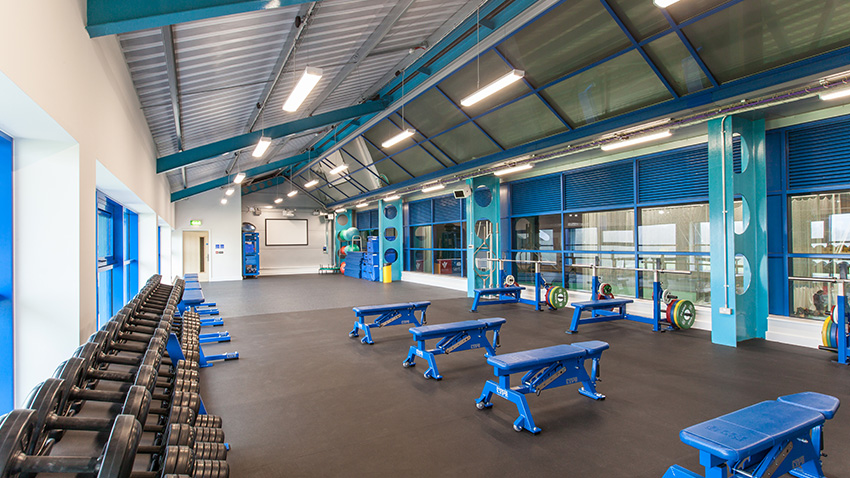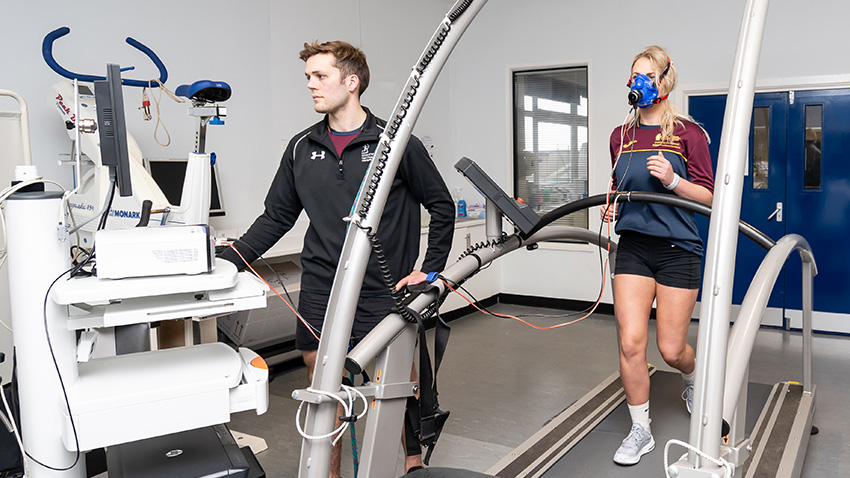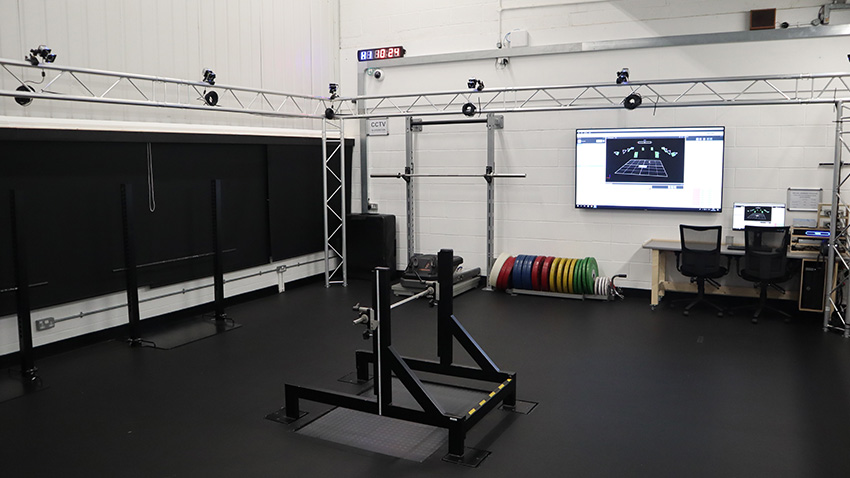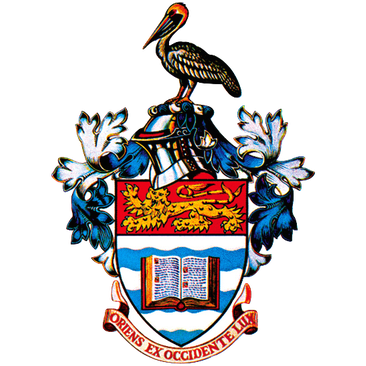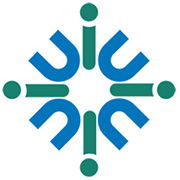📖Program Curriculum
The BSc (Hons) Sport Media degree programme offers you a module framework which provides the fundamental underpinning knowledge, skills and understanding to be able to gain employment in a creative and dynamic role within the fast moving and exciting world of sport media.
Students will develop and master a wide spectrum of media and broadcast journalism production skills, learn to self-shoot and edit and sharpen their journalistic instinct and editorial judgment. They will critically examine the reciprocal relationship between socio-political issues, modern media coverage and professional sport. Students will also study elements of sports marketing, media law, and analyse how ethics, a sense of fairness, impartiality, accuracy and a robust knowledge of regulations and rights play a crucial part in operating within the modern sport media, marketing and broadcasting landscape.
The module content will allow you to reflect on the underlying business and marketing principles that help to sustain and develop the sport media industry and there is a strong focus on creativity, journalism, marketing, entrepreneurship and strategic thinking which offers the potential for you to define and develop your own ideas for sport related media content. These principles are underpinned by the theories of culture, media, journalism and marketing practice applied in a wide range of sport media related settings.
Year one consists of six modules, two of which are common across the whole of the sports related offer. These core modules focus on helping to shape your professional and academic skills whilst also gaining some professional qualifications. The other four modules are all compulsory and consider the contexts in which sport media takes place and helps to ensure that a fundamental understanding is gained of the global sport media landscape; the sporting consumer; the platforms upon which sport is broadcast and the business of sport.
Level 4 (year one)
Research and Scholarship
Digital Sport Media
Sport Journalism
Global Sport Industry
The Sport Consumer
Sport and Marketing Communications
In year two the compulsory modules build on the knowledge and understanding gained in year one but focus on more functional aspects of working in sport media such as digital storytelling, sport radio broadcast, enterprise, marketing and managing people. There is also a focus on sports ethics and how their application to Sport Media. You will begin to examine and explore the role of Sports News and Broadcast Journalism and the skills required to work in these areas. All these aspects of sport media are underpinned with work related learning opportunities, largely based around the excellent and wide ranging facilities, events and activities offered on campus to students, staff and the local community.
During Year two students will be embedded with one of the university sports teams with a remit to look after their sport media and marketing requirements. This is part of work based learning, service and delivery module. Through this opportunity, students will gain practical, real-world experience of various broadcast roles including presenter, reporter, producer, director, videographer, camera operator, floor manager, video editor, social media producer, commentator and all-round broadcast journalist. Students will learn to research, network and build contacts, elevating their sports reporting and writing skills to the next level and master the art of story-telling and content making in the fast-changing digital age through social media platforms, blogging and podcasts. They will also be responsible for communications, marketing, promotions and publicity for their team’s fixtures and events.
Level 5 (year two)
Research Design and Practice
Professional Placement
Applied Marketing and communications
Sport Broadcast Journalism
Culture, Media and Sport Journalism
Sport Ethics
In the third year we look at live sport broadcast, live streaming and analysis in sports media as well as a more advanced exploration of digital sports media and the way in which technology is driving the change in the areas of broadcast and marketing. The final year also year sees the opportunity to further develop your professional identity through a final project which operates in partnership with a range of industry organisations, regionally, nationally and internationally, and our own teams on campus. With operational issues the main focus in year two, you will now consider the higher order strategic, socio-cultural, political, ethical, governance and financial aspects of how sport is run, organised and financed. This final year focuses upon developing you as an independent, reflective learner who can take control of your development and ensure that it aligns with your first step into graduate employment or further study.
Level 6 (year three)
Final Project
Industry Placement
Global Sport Governance
Digital Sports Marketing
Live Sport Broadcast and Analysis
🏠 Accommodation
You will need to book the accommodation after you have been accepted.
You can choose to live on campus or off campus in private accommodation.
How to book:
- Make a booking online after you have been accepted (in this case please let us know your choice when you apply).
- Register when you arrive - its not possible to reserve a room before arriving. You can arrive a few days before and book it
💰 Fees
Application Fee:
$0 USD
Tuition fee:
15,000 GBP per year
60,000 GBP in total
❓✅❌ Entry Requirements
The minimum age is 18.
English fluency is required.
You need to be either:
- A native English speaker
- Studied a degree in English before
- Can demonstrate a high level of English
- Having an English certificate such as IELTS level 6 or TOEFL 95 and above is an advantage.
Minimum education level: High School.
The program is competitive, you need to have a high grades of Average A, 70%, or a high GPA.
All students from all countries are eligible to apply to this program.
Or see the list of programs you are eligible for here .
📬 Admissions Process
3 Steps to Apply to a University
Please choose the programs here , "You are advised to select 2-3 programs to increase your chances of getting accepted.
Required Documents:
- Passport
- Graduation certificate
- Passport size photo
- Official transcript
- Personal statement
- English certificate (You can take the English test online)
- Guarantor letter
Preparing documents:
You can start your application now and send the application documents during your application. Some documents you can send later if you don’t have them right away. Some more info about preparing application documents is here
Application process:
Applying Online is simple in just a few steps. More information is available here.
The first steps are to choose the programs, pay the application fee and upload the application documents.
Once submitted to Global Admissions, we will review your application within 2-3 days and proceed to the university or ask you for further clarification
After it has been processed to the university you will receive your unique application ID from each university.
The university may contact you directly for further questions.
We will then follow up each week with the university for updates. As soon as there is any update we will let you know. If you have made other plans, decide to withdraw / change address at any time please let us know.
After you have been accepted you will receive your admissions letter electronically and asked to pay the non-refundable deposit to the university.
Once you have paid the deposit the university will issue you the admissions letter and visa form to your home country.
Show less❓ Have a Question?
There are no similar questions. Please send us your question below

